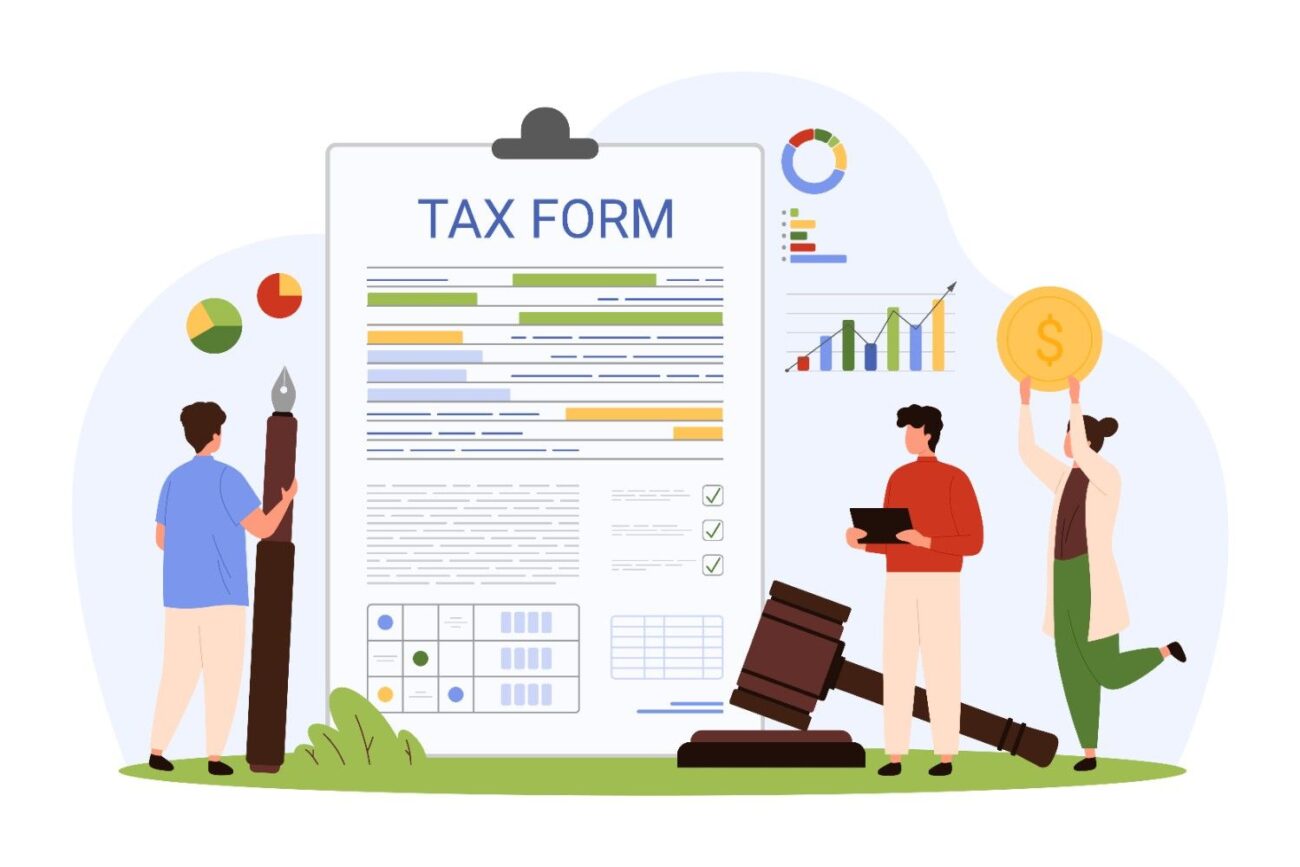Every year, the term “income tax return” becomes common and synonymous with tax filing for people. You might even see your parents or friends rushing to do it before the deadline. But what does it actually mean? And why is it so important?
Let us break it down to you simply, step by step.
What Is ITR Filing?
ITR filing is the term that means submitting the Income Tax Return to the state. It’s a form where you tell the Income Tax Department how much money you earned in a year and how much tax you have already paid.
Imagine it as a report card of your income. It breaks down your monthly salary, savings, and investments, as well as other income sources like rent, interest, or freelance work.
This report is filed every financial year that lasts from April 1 to March 31.
Who Should File an ITR?
Filing an ITR is not important for everyone, but it is for many people. Here’s a simple list of who must file,
1. If your annual income is more than ₹2.5 lakh (for individuals below 60 years of age).
2. If you want to receive a tax refund.
3. If you have income from freelancing, business, or investments.
4. If you are an NRI receiving income in India.
5. If you have foreign income or assets.
Thus, it does not matter if you are an employee, business owner, or freelancer; if your income crosses the limit or if you need tax benefits, then ITR filing is a must.
What are the ITR values justifications?
It is a common perception that ITR filing is merely about paying taxes. This is, however, false. It is a lot more than that. Here are some major reasons why it’s important,
1. It’s the Law
The Indian government obliges particular individuals to file ITRs. Not doing so might lead to penalties or notices from the Income Tax Department. Therefore, timely filing is your insurance against legal hassles.
2. Proof of Income
Your ITR filing is your income proof. Your ITR is required most time to show your income when you apply for a visa, bank loan or credit card.
3. Easy Loan Approvals
Banks are more willing to loan people who consistently file their ITRs. If you want a home loan, car loan, or personal loan, showing your ITR from the last few years can help you get faster approval.
4. Claiming Tax Refunds
Sometimes, more tax is deducted by your employer or bank than is necessary. Filing your ITR is the only way to get back that extra money.
5. Carry Forward of Losses
You may carry the loss of your business this year to next year, but only if you have filed your ITR in time. This will eventually result in tax savings for you.
6. Helps You Stay Financially Organised
Filing ITR forces you to go through your income, expenses, and investments every year. It is a wonderful way to keep track of your finances.
Documents Needed for ITR Filing
- PAN Card
- Aadhaar Card
- Form 16 (given by your employer)
- Bank account details
- Investment proofs (like LIC, PPF, ELSS)
- TDS certificates
- Salary slips
- Details of rent, business, or freelance income
How to File ITR Online (Step-by-Step)
This is a simple guide to online ITR filing.
- Visit the official website at https://www.incometax.gov.in.
- Enter your password and PAN number to log in.
- Choose the assessment year ( for example, if you’re filing for 2024–25, your income is from April 2024 to March 2025).
- According to your income type, select the appropriate ITR form.
- Enter your information, including tax deductions, interest, and salary.
- Check your tax liability and, if needed, make payments.
- Use e-verification, Aadhaar, or an OTP to submit and confirm your ITR.
Different Types of ITR Forms
| Form | Who Should Use It |
| ITR-1 (Sahaj) | Salaried individuals earning up to ₹50 lakh |
| ITR-2 | Individuals with income from property or capital gains |
| ITR-3 | Business owners or professionals |
| ITR-4 (Sugam) | Freelancers, small business owners under presumptive tax |
| ITR-5 to ITR-7 | Firms, LLPs, trusts, and companies |
Penalties for Not Filing ITR on Time
The penalties come as a result of not filing the ITR on time.
- If you miss the deadline for filing ITR, the penalty can be up to ₹5,000.
- Also, you lose the possibility of carrying forward losses.
- The Income Tax Department can even issue a notice demanding an explanation.
Therefore, it is always good to file your ITR within the due date, which is normally July 31st every year.
Benefits of Filing ITR Even If You’re Not Required
There are a lot of benefits of ITR filing even if your income is less than ₹2.5 lakh,
- It serves as proof of income
- It is advantageous in visa processing
- It creates a file for future credit history
- It qualifies you for government tenders or schemes
Thus, filing of ITR is not only limited to taxpayers, rather it is also a smart financial habit.
Common Mistakes to Avoid While Filing ITR
- The incorrect ITR form is being used
- Not verifying your ITR post submission
- Providing the wrong bank account details
- Overlooking income from interests or side jobs
- Late filing
Make sure you verify everything before you hit the “Submit” button. It truly only takes a couple of minutes to confirm.
Conclusion
ITR filing is a responsibility that promotes your financial discipline and goes beyond simple legal demands. It shows that you are a responsible citizen who supports the development of the country.
In addition to avoiding penalties, timely filing of an ITR offers you financial advantages and simple loan approvals.
Don’t wait until the last minute the next time tax season comes around. It’s easier than it seems to complete your filing for ITR; just collect your documents, go to the official website, and do it.



